
But the increasing complexity of global food systems means that today’s farmers have less visibility over the supply chain, operations and traceability than ever before. Add to this the world’s $990bn-a-year food wastage problem and the more recent changes to international trade policy, affordable labour and, of course, the current border restrictions, and it’s clear that something needs to fundamentally change.
Blockchain technology has the power to revolutionise agriculture and provide a solution to these key challenges, and it’s a booming sector. More and more agricultural businesses these days are partnering with software development companies providing blockchain development services. According to StartUs Insights, the market for agricultural blockchain innovations is predicted to value around $430 million by 2023—almost a 50% compound annual growth rate from 2017. Here’s our rundown of the top five uses of blockchain within the agricultural sector.
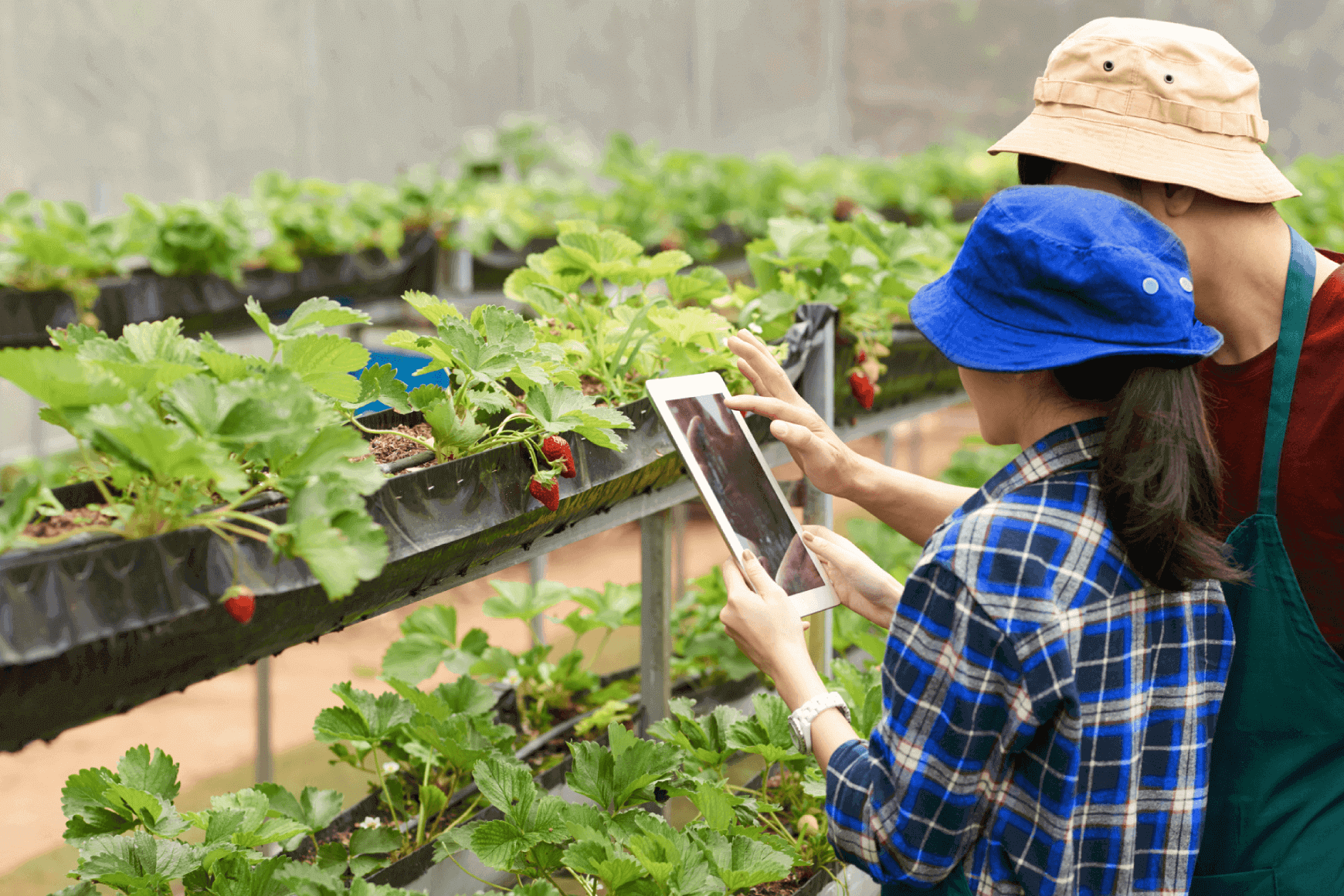
Top Five Uses of Blockchain in Agriculture
1. Reducing food waste
Problem: It’s estimated that a third of all food produced globally is wasted. Up to 52% of fresh fruits and vegetables are thrown away in the USA each year and much of this is happening in the field—long before it ever reaches the consumer. Crops are literally being left to rot where they stand because crop management practices are inefficient for today’s super-yield demand.
In one 2019 article, Forbes cites that “95% of agricultural research over the past 30 years has been focused on raising productivity, and only 5% has been dedicated to reducing losses”.
Solution: Implementing blockchain allows users across the farming operation to access a decentralised ledger which offers a streamlined view of all tasks in the pipeline; be it harvesting crops at just the right time, ordering supplies, tweaking storage and so on. When combined with sustainability consulting, blockchain can become a crucial management tool for storage and post-harvest processes, significantly increasing operational efficiency and reducing food wastage by up to 34% on the farm.
With blockchain, farmers can also make use of accurate supply-demand algorithms which marry consumer behaviour with agricultural data to match supply and demand—thus avoiding the problem of overproduction
2. Promoting traceability and sustainability
Problem: The Community Environmental Legal Defense Fund (CELDF) estimates losses of around $27 billion each year, caused by soil destruction from chemical pesticide use. But that’s not all. The pesticide problem is so bad that, in the UK alone, up to 85% of all waters; rivers, lakes, coastal bodies etc, are contaminated with pollutants from farm runoff. Yet the chemical industry is supported because it brings in around $35 billion annually.
To add to the pressure on growers and livestock breeders, consumers are now demanding farm-to-fork visibility of where their food comes from and how it was grown or raised. This puts greater onus on producers to provide provenance of their methods, suppliers and supply chain.
Solution: There’s a new wave of blockchain-enabled agricultural platforms and innovative, socially-minded startups which provide financial incentives to farmers who follow sustainable practices, rather than simply rewarding yield as the current system does. What’s more, experimental data shows that blockchain-enabled sustainable e-agriculture can increase farmers’ sales by 25%, compared with non-blockchain electronic agriculture.
Where traceability is concerned, using a blockchain-enabled secure ledger to record the status of crops—from seed to shelf—gives even complex and large-scale operations full and real-time visibility of every load via a secure, unalterable database.
3. Improving supply chain management
Problem: Today’s supply chain is a global and complicated one, with many moving parts. There are literally millions of separate entities involved in getting our food from the farm to our plate, each serving its own interests, and this network is fraught with communication roadblocks. Every snag along the way adds travel time which, in turn, can lead to spoilage, stock losses and profit decline. Or worse; food insecurity.
Another issue with the modern supply chain is that a lot of the data it produces is handled by a third party, then stored either as a paper document or in a centralised database. This is fertile ground for food fraud—a problem estimated to cost the global agriculture industry around $10bn - $15bn a year.
Solution: With blockchain, each link within a supply chain can input and access key information on things like prices, dates, location, QC and certificates, plus any other data that might have been logged against an asset. Deloitte describes how this benefits organisations through “traceability of material supply chain, lower losses from counterfeit and gray market, improving visibility and compliance over outsourced contract manufacturing, and potentially enhancing an organisation's position as a leader in responsible manufacturing”.
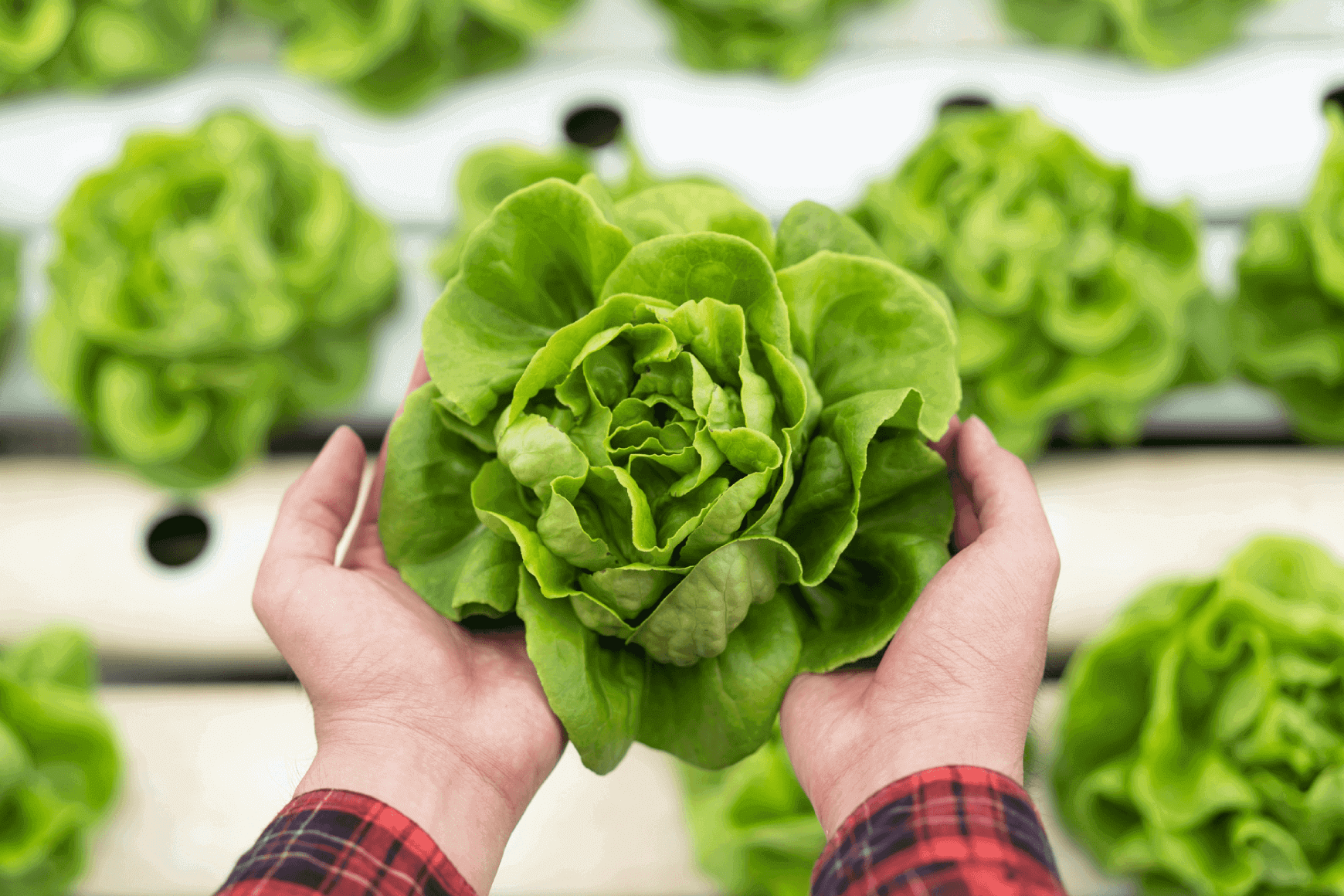
4. Making agricultural subsidies fairer
Problem: Agricultural subsidies represent a lifeline for farmers. The purpose of this government aid is to keep farming viable and, in fact, according to DEFRA, farmers who graze livestock receive roughly 90% of their annual profits from agriculture subsidies. But it’s the taxpayer who’s footing the bill for this and, currently, subsidies are set up to benefit mass livestock farming and producers who grow the predominant crops for animal feed; namely, soya and corn.
By comparison, fruit and vegetable farmers only receive around 10% of their profit through government financial help. This is of grave concern for the wellbeing of both the planet and its inhabitants.
Solution: With an automated, blockchain-linked database, the public can gain visibility over these payments—ensuring they’re reaching a fair spread of beneficiaries. What’s more, blockchain could provide a secure and rapid platform from which to process the payments. This would create a more equitable, lean and efficient system which would, ultimately, cost taxpayers less money and reduce the burden on the environment.
5. Streamlining payments
Problem: Cash flow is crucial for the smallholder farms that make up 85% of the world’s agricultural industry. Often, these businesses are operating on precarious margins with huge and ever-present risks to income. Furthermore, the process for receiving payments in the agriculture industry is far from straightforward. Every batch of crops shipped from the farm has to be graded based on quality, size and several other factors. This often takes days but can sometimes take weeks, with payments not being processed until the batch has passed inspection. Add to this the financial logistics of international trade and traditional financial institutions just can’t keep up.
Solution: This article explains how “a distributed ledger technology system is a decentralized system for recording transactions with mechanisms for processing, validating and authorizing transactions that are then recorded on an immutable ledger”. Because of this, blockchain enables better trust and offers risk mitigation that standard banking can’t. It can also facilitate payments via tokenization, making it more secure, swifter and cheaper than traditional transactions.
Summary
Now, more than ever, consumers demand to know where their food comes from, while retailers need to provide provenance. And now, more than ever, the world needs to tackle harmful, unsustainable farming practices which have been able to dominate on account of their financial weight. Blockchain offers a solution for creating end-to-end transparency, tackling many of the biggest issues facing the agriculture sector today.
Ready to revolutionise your agribusiness? Speak to an ELEKS expert about building a brighter farming future today.
Related Insights
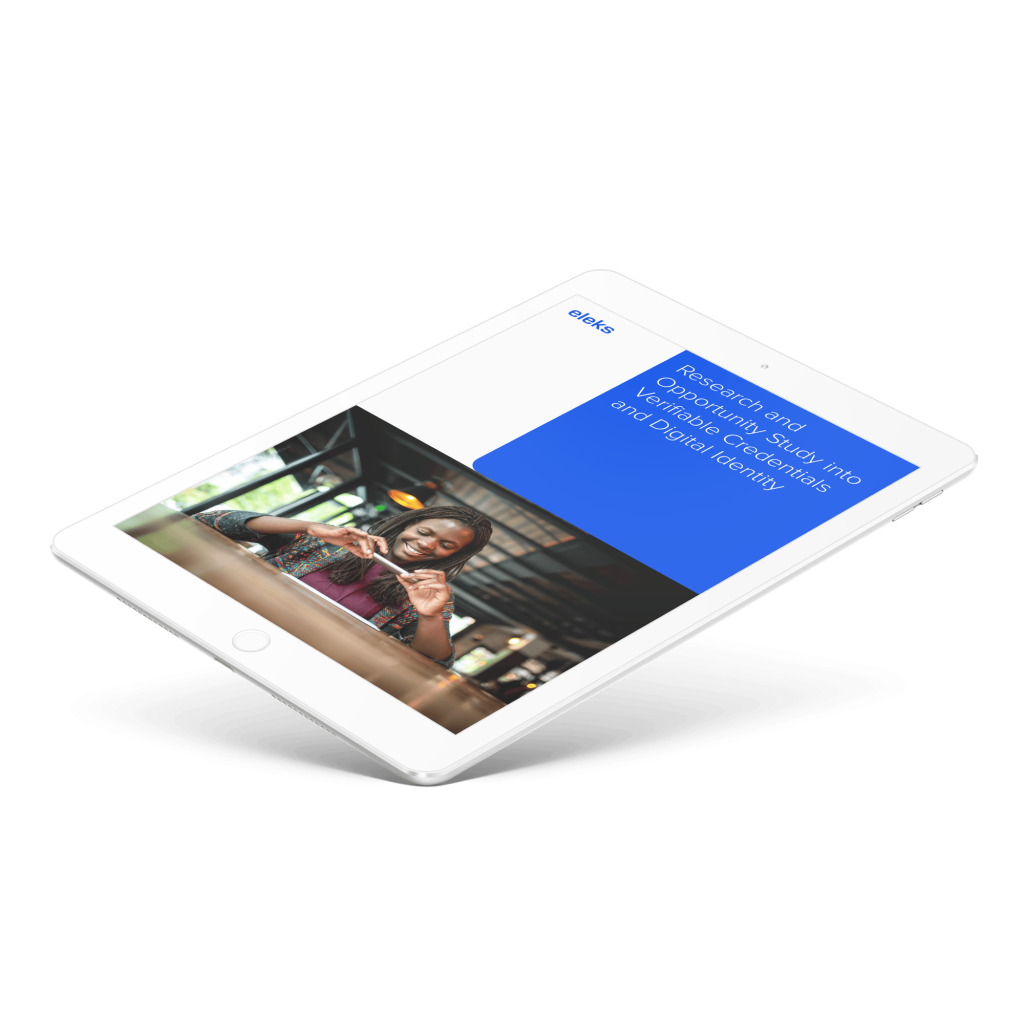
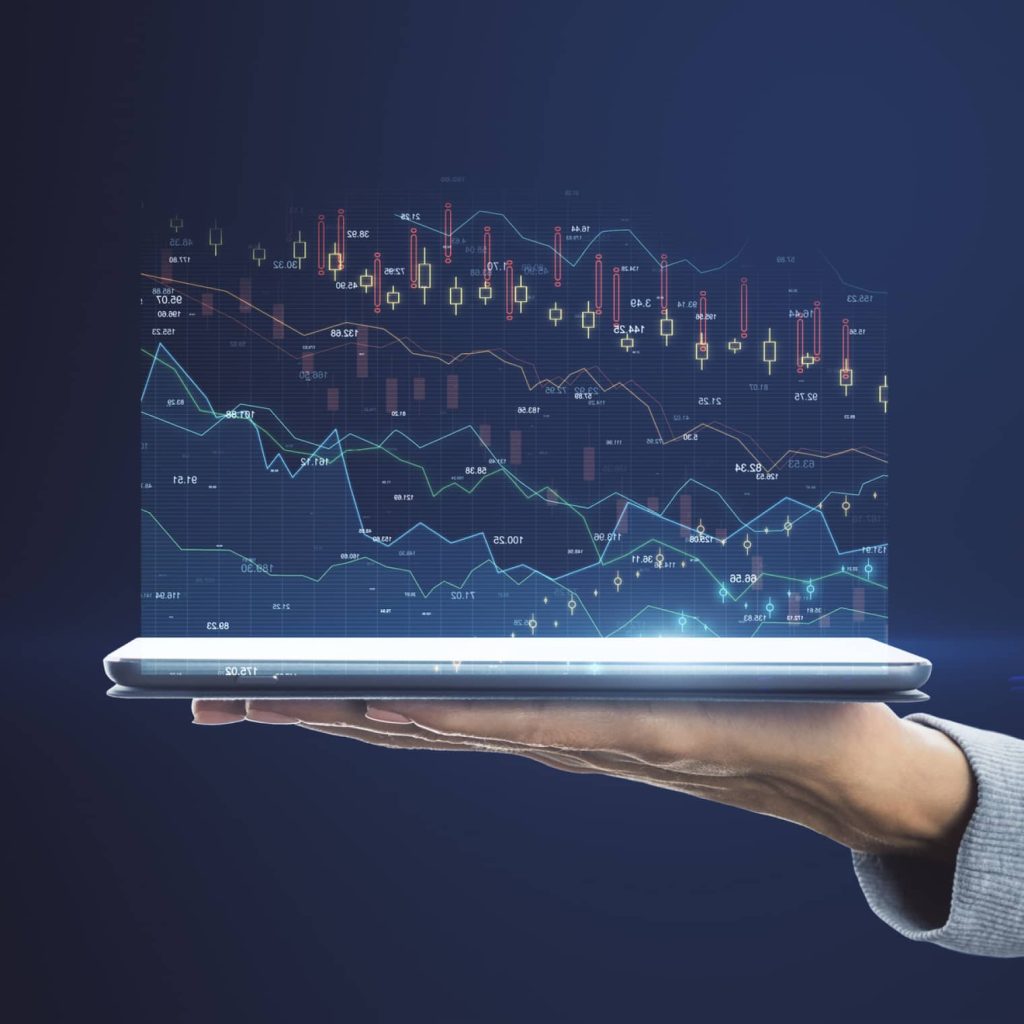




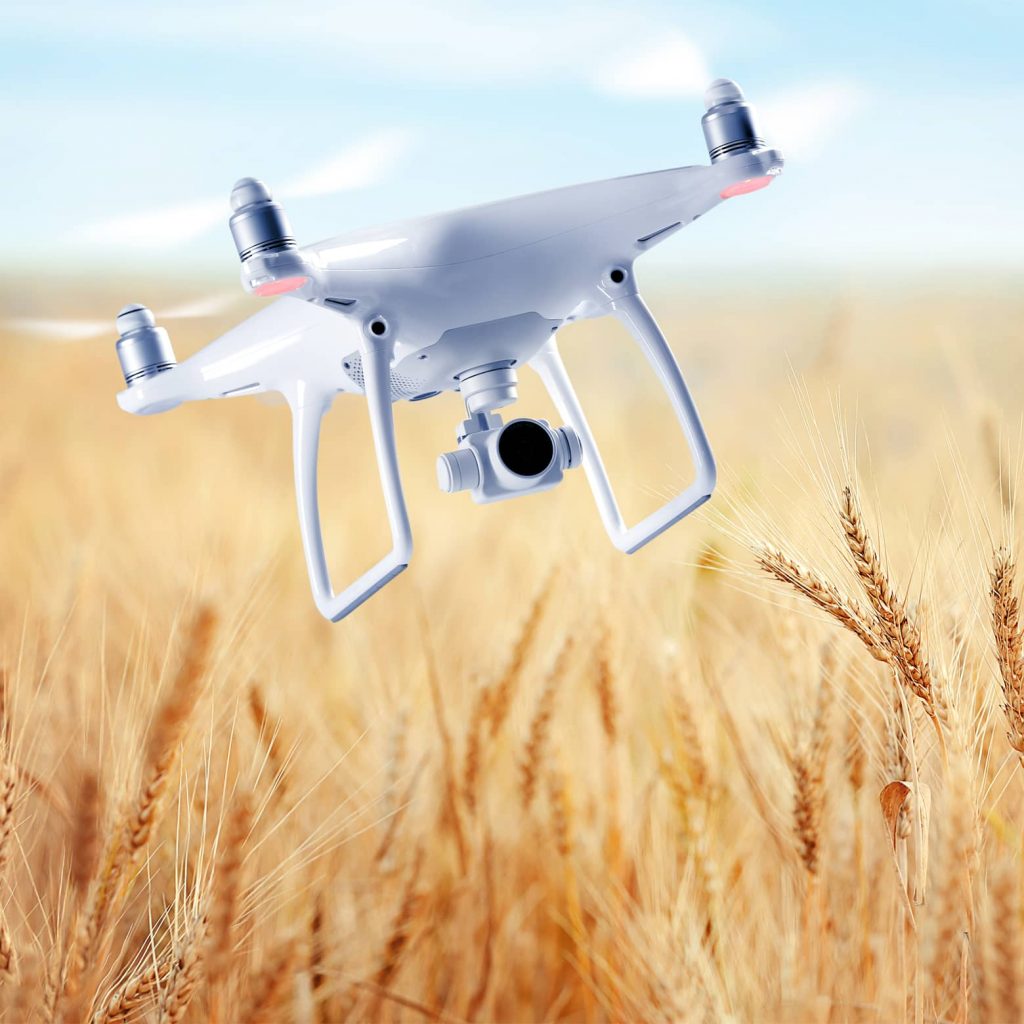
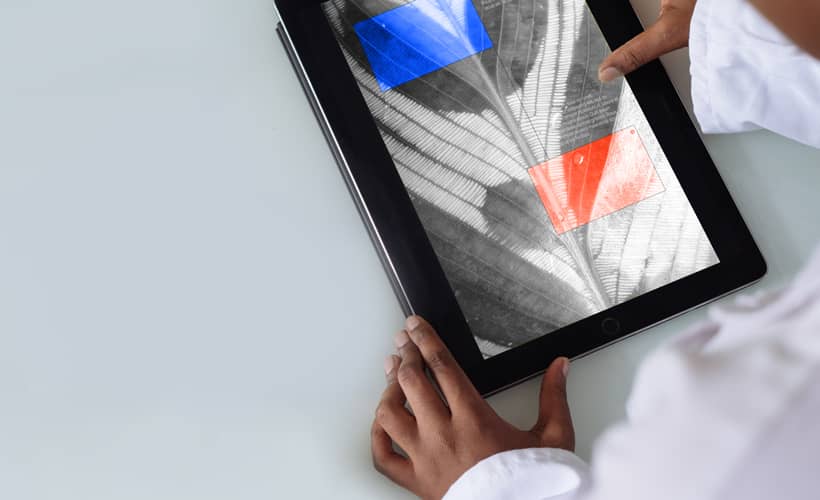
The breadth of knowledge and understanding that ELEKS has within its walls allows us to leverage that expertise to make superior deliverables for our customers. When you work with ELEKS, you are working with the top 1% of the aptitude and engineering excellence of the whole country.

Right from the start, we really liked ELEKS’ commitment and engagement. They came to us with their best people to try to understand our context, our business idea, and developed the first prototype with us. They were very professional and very customer oriented. I think, without ELEKS it probably would not have been possible to have such a successful product in such a short period of time.

ELEKS has been involved in the development of a number of our consumer-facing websites and mobile applications that allow our customers to easily track their shipments, get the information they need as well as stay in touch with us. We’ve appreciated the level of ELEKS’ expertise, responsiveness and attention to details.

